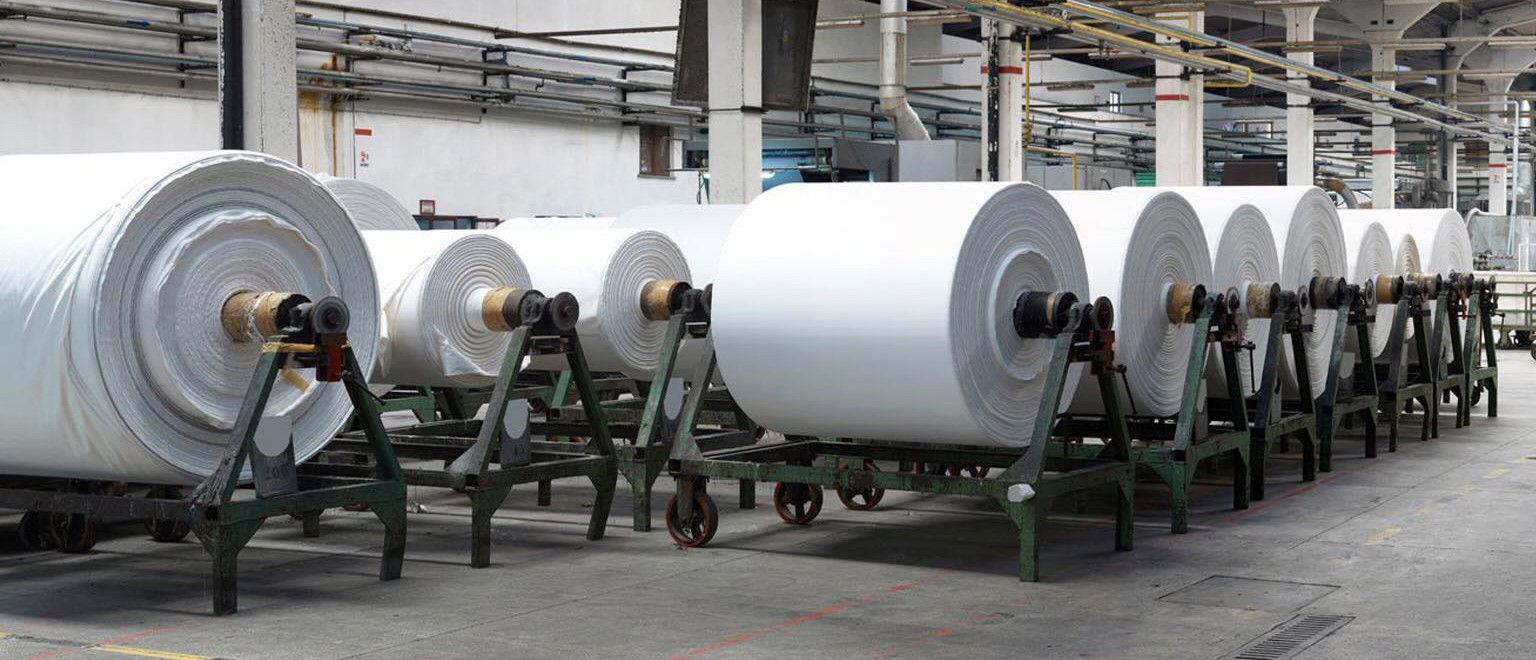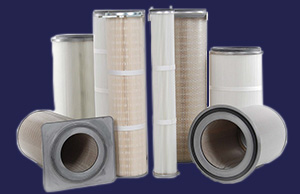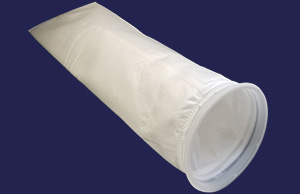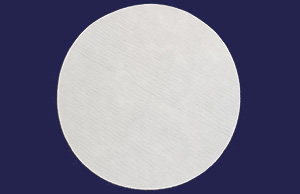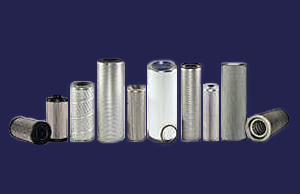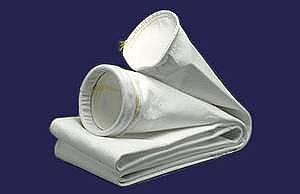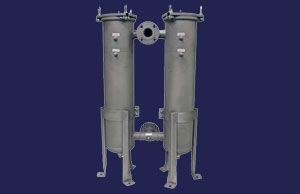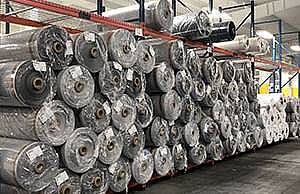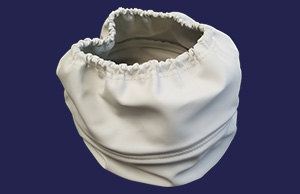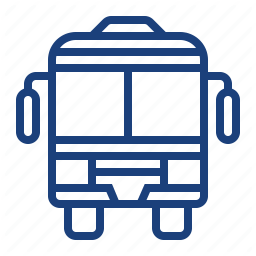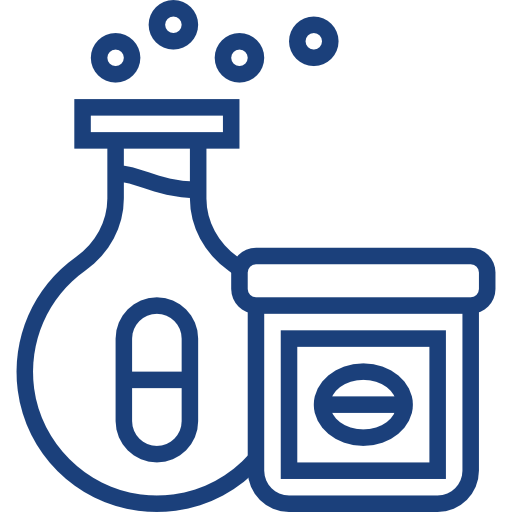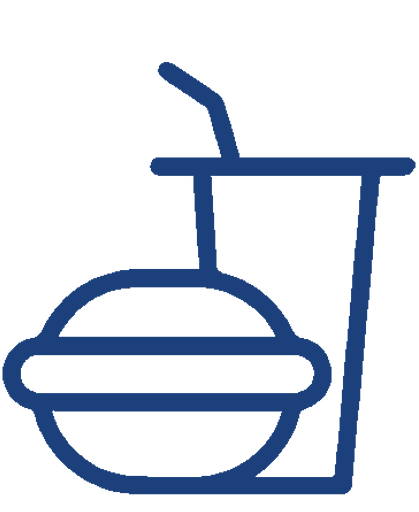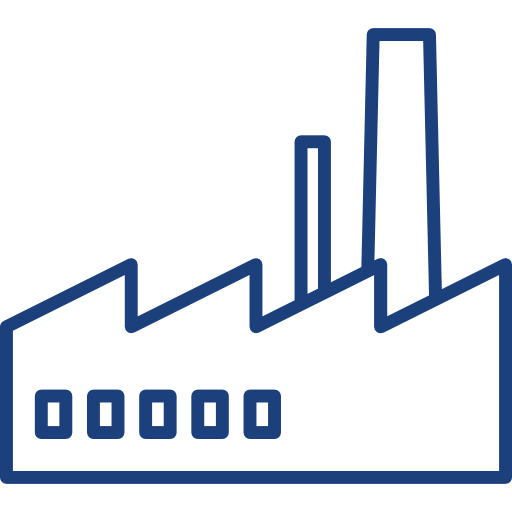Experience the Difference with Great Lakes Filters
Since 1951, Great Lakes Filters has been a pioneer in process filtration innovation and conversion of technical textiles. We are experts in providing filters, filter fabrics and filtration solutions for a wide variety of industries and applications. As a division of Acme Mills, we have access to the largest assortment of fabrics—woven and non-woven. We have the ability to work with our clients and suppliers to customize textiles to meet unique and specific requirements.

